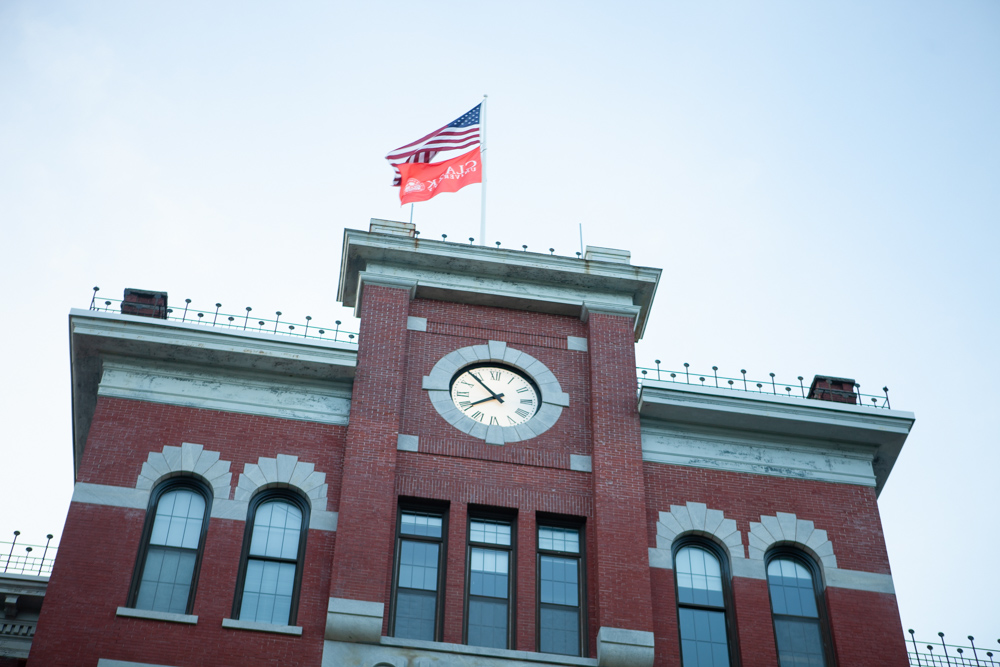In an email our community received earlier this month, university leadership addressed the fear instilled in Clark students by the cascading impacts of the ongoing Israel-Hamas war. They fear for themselves and for others, on campus and abroad. They fear laser-focused hate, and the discomfort of not knowing on whom it will be next directed. These fears are grounded, tangible, and informed by a horrifying and intractable humanitarian crisis.
We should all be encouraged by the way that Clark students have faced this fear. They have time and again stood up for what they believe is right. They have advocated for the oppressed and challenged the narratives of the powerful. They have formed diverse coalitions and built bridges across identities to hold walk-outs, vigils and teach-ins; they have held each other in the light of community.
To our peers: you are a credit to our university, even if our university will not credit you. The work you do at all scales – everything from collaborating with Worcester community leaders to simply checking in on your friends – is invaluable. Many Clark students innately understand the refrain “we take care of us,” and countless Clarkies have put those words into action over the last several weeks.
This kind of activism has never been easy on college campuses, of course. And it’s not getting any easier. It seems that college students are increasingly under the microscope, and many fear retribution for supporting the causes they believe in – in particular, advocates for Palestinian liberation.
We look to our peers here in Massachusetts and around the country and see mass arrests at peaceful protests, and students facing a torrent of hate, often through doxxing. We look to university administrators, including our own, and see tepid emails that tip-toe around issues that are important to students.
This may be attributable to the groundswell of conservative pressure placed on all levels of our country’s education system to curtail critical, justice-oriented learning and independent thinking. More broadly, a growing coalition is working to limit the capacity of America’s young people to exercise their First Amendment rights. We have innumerable activists and thinkers to thank for where we are now – and we can’t afford to lose an inch of ground.
Clark’s leadership, for the most part, does seem interested in protecting our freedom of speech from significant external pressures, including alumni. We believe there is reason to be encouraged by Dean Kiem’s email this week defending – albeit in vague terms – students’ right to respectfully express themselves. But as student leaders have so often reminded us, we have a duty to ourselves and others to exercise this right, and cannot rely on the powers that be to grant it to us.
Though many of us may have the great privilege of being physically detached from this conflict, we cannot help but recognize how these rights are violently denied to those involved. According to the Committee to Protect Journalists, as of Nov. 28, some 57 journalists have been killed since Oct. 7: “50 Palestinian, 4 Israeli, and 3 Lebanese.” Nearly 16,000 people in total have been killed, the group reported.
To our readers: as ever, The Scarlet invites your critiques. Know that we are steadfast in our commitment to our student community and their voice, and to our independence. We stand by our staff and our standards, and will continue to pursue the truth.
Sincerely,
Everett Beals
Ava Orofino
Sophia Lindstrom
Nic Smith
Thatcher Fox Richard
William Schechter
Alistair Borg
Leo Kerz


